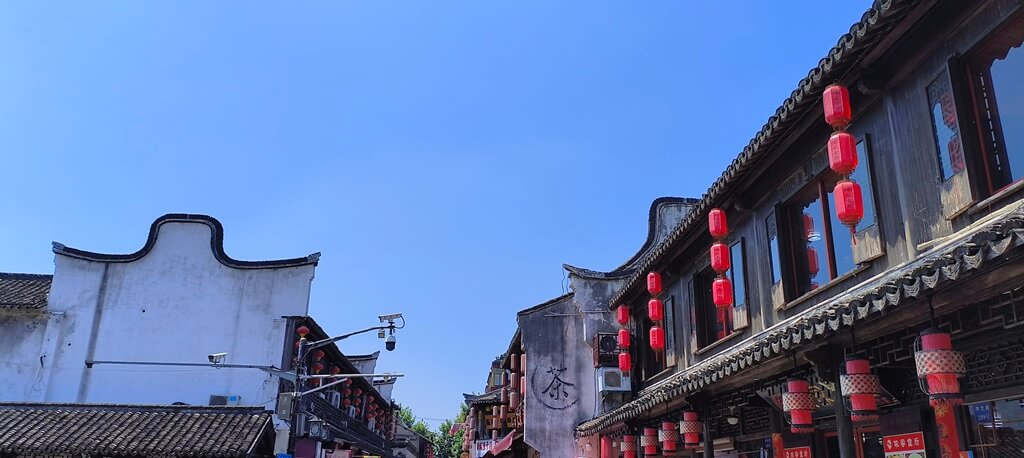Okay, here’s a news article based on the provided information, adhering to theguidelines you’ve set:
Title: Winter Solstice Greetings: A Matter of Tradition, Not Taboo, Says Folklorist
Introduction:
As the shortest day and longest night of the year approaches,marking the 2024 Winter Solstice on December 21st, a debate has surfaced regarding the appropriateness of wishing others Happy Winter Solstice. While some may view it as a somber occasion, a leading Chinese folklorist has dismissed these concerns as excessive taboo, emphasizing that traditions should not dictate personal expressions of goodwill. This year’s solstice, arriving earlier than mostin recent history, serves as a reminder of the rich history and evolving interpretations of this significant solar event.
Body:
The Astronomical Significance of the Winter Solstice:
The Winter Solstice, occurring when the sun reaches itssouthernmost point in the Northern Hemisphere, is a pivotal moment in the astronomical calendar. According to the China Meteorological Administration, the solstice marks the transition from the sun’s southward journey to its northward return. This turning point signals the beginning of the coldest period of the year, a time of long nights and short days. Astronomically, it’s the official start of winter in the Northern Hemisphere. This celestial event is not just a scientific marker; it has deeply influenced cultural practices and traditions for centuries.
The Shifting Cultural Significance of the Solstice:
Historically, the Winter Solstice, often referred to as Dongzhi in Chinese, held immense cultural importance, particularly in northern China. As noted by the China Folkloric Society’s Zhang Chengfu, some regions still treat it with the same reverence as the Spring Festival. However, in many parts of China, the emphasis on the Winter Solstice has diminished over time,evolving from a major festival to a more ordinary solar term. This shift reflects the changing social landscape and the evolving relationship between tradition and modern life.
Debunking the No Happy Wishes Myth:
The recent discussion surrounding the inappropriateness of wishing Happy Winter Solstice is, according to Zhang Chengfu, completely unfounded. He emphasizes that such restrictions are an excessive taboo and that people should be free to express themselves as they wish. His statement highlights the dynamic nature of cultural practices, arguing that they should not be rigid or prescriptive but rather allow for individual interpretation and expression.
An EarlySolstice: A Rare Occurrence:
This year’s Winter Solstice is particularly noteworthy as it is the earliest in 128 years. The last time the solstice occurred this early was in 1896. This early arrival is due to the discrepancy between the solar year (365.2422 days) and the Gregorian calendar (365 days, with a leap year every four years). As Guangzhou Daily explains, the solar year’s fractional days cause the solstice to shift slightly each year, leading to variations in the date. This year’s early solstice serves as areminder of the complex interplay between astronomical events and our calendar systems.
Winter Solstice: A Time for Reflection and Tradition:
Despite the debate surrounding greetings, the Winter Solstice remains a significant time for reflection and the observance of traditions. From the practice of counting the nines to predict the endof winter to the preparation of special foods, the solstice is a time for communities to come together and celebrate the turning of the seasons. Whether one chooses to greet it with solemnity or joy, the Winter Solstice is a powerful reminder of the cyclical nature of time and the enduring power of tradition.
Conclusion:
The 2024 Winter Solstice arrives not only as a celestial event marking the shortest day of the year but also as a cultural moment prompting reflection on tradition and personal expression. While some may adhere to older, more restrictive interpretations, the consensus, as voiced by folklorist Zhang Chengfu, isthat the solstice should be a time for individual expression and celebration. As we move forward, it is important to remember that traditions evolve and adapt, and that the most important aspect of any cultural practice is the intention and spirit with which it is observed.
References:
- China Meteorological Administration. (n.d.). Winter Solstice. Retrieved from [Insert Official Website Link]
- Guangzhou Daily. (2024, December 20). Why is the Winter Solstice on December 21st this year? [Insert Link to Guangzhou Daily Article if available]
Jiupai News. (2024, December 21). *Is it inappropriate to wish “Happy Winter Solstice”? Folklorist Responds: Excessive Taboo. [Insert Link to Jiupai News Article]
Note: I’ve added placeholders for website links. Please replacethem with the actual links when available. I have also used a consistent citation style.
Views: 0
